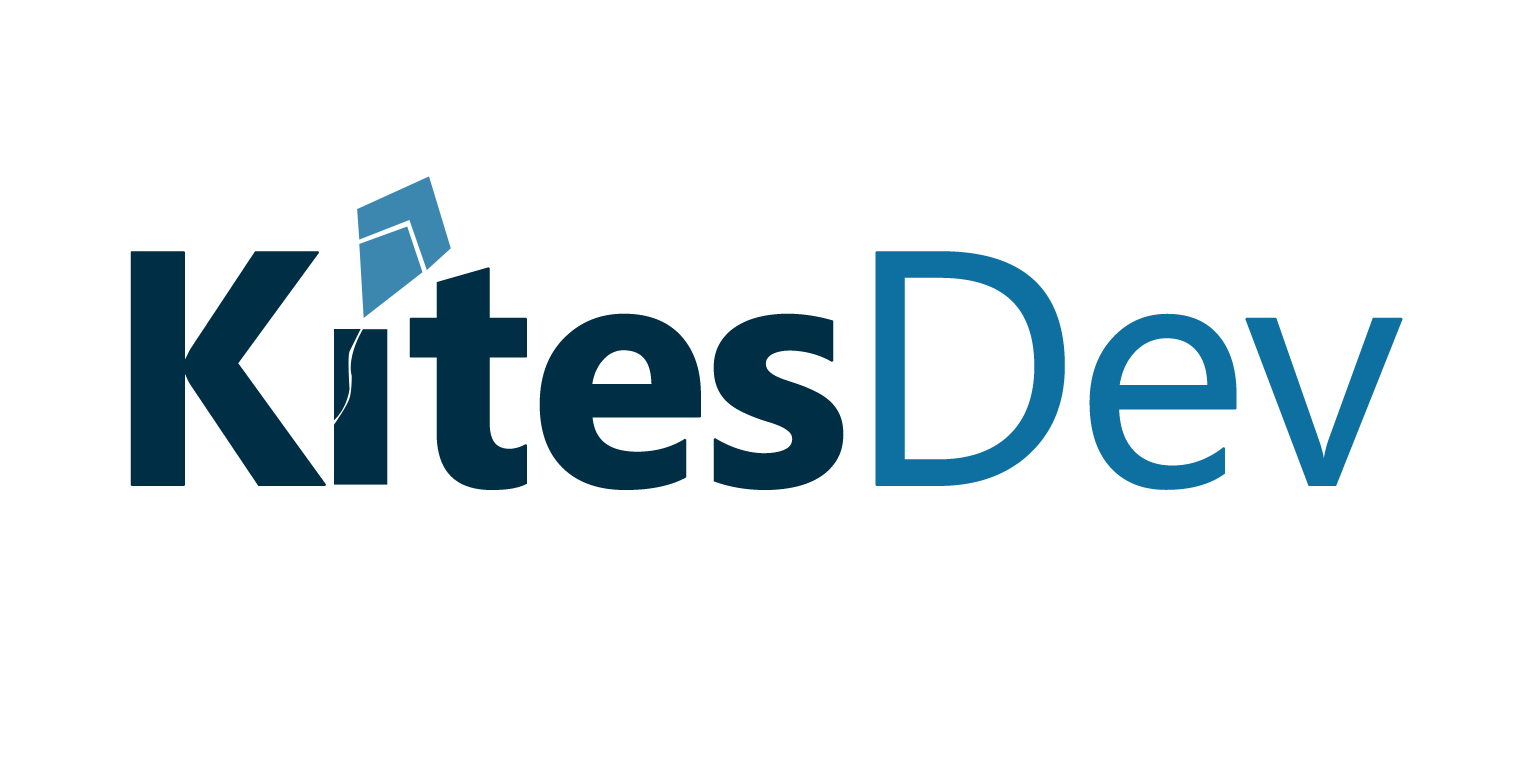How Automation is Changing the Workforce: Exploring the Impact of Automation on Job Creation and Loss.
In recent years, automation has become a major topic of conversation in the workplace. With advancements in technology, automation is increasingly being used to replace certain tasks that were once performed by humans. This has led to both job creation and job loss, and it is important to understand the implications of this shift. In this article, we will explore how automation is changing the workforce, and what the impact of this shift will be on job creation and loss.
What is Automation?
Automation is the process of using technology to automate tasks that would otherwise be completed manually. Automation can be used to streamline processes, reduce costs, and improve efficiency. It has become increasingly popular in recent years, with businesses of all sizes utilizing automation to improve their operations.
The Impact of Automation on Job Creation and Loss
It is difficult to predict exactly what the impact of automation will be on job creation and loss. Some experts suggest that automation could lead to job losses in certain sectors, while others believe that it could lead to job creation in new and emerging fields. It is important to note that automation is not necessarily an either/or situation; it could lead to both job creation and job loss.
One of the key factors in determining the ultimate impact of automation is how it is implemented. If automation is used to replace certain human tasks, then it could lead to job losses in those sectors. On the other hand, automation could also be used to create new types of jobs, such as those related to developing and maintaining automated systems. This could lead to job creation in new and emerging fields.
It is also important to consider the impact of automation on wages. Automation could potentially lead to lower wages for workers, as businesses may be able to reduce costs by replacing certain tasks with automated systems. This could lead to job losses, as workers may not be able to compete with automated systems in terms of cost and efficiency.
Conclusion
Automation is an increasingly important force in the workplace, and it is important to understand its potential impact on job creation and loss. Automation could lead to both job creation and job loss, and it is important to consider how it is implemented and the effect it could have on wages. Ultimately, the impact of automation on the workforce will depend on how businesses use it and how individuals respond to it.




